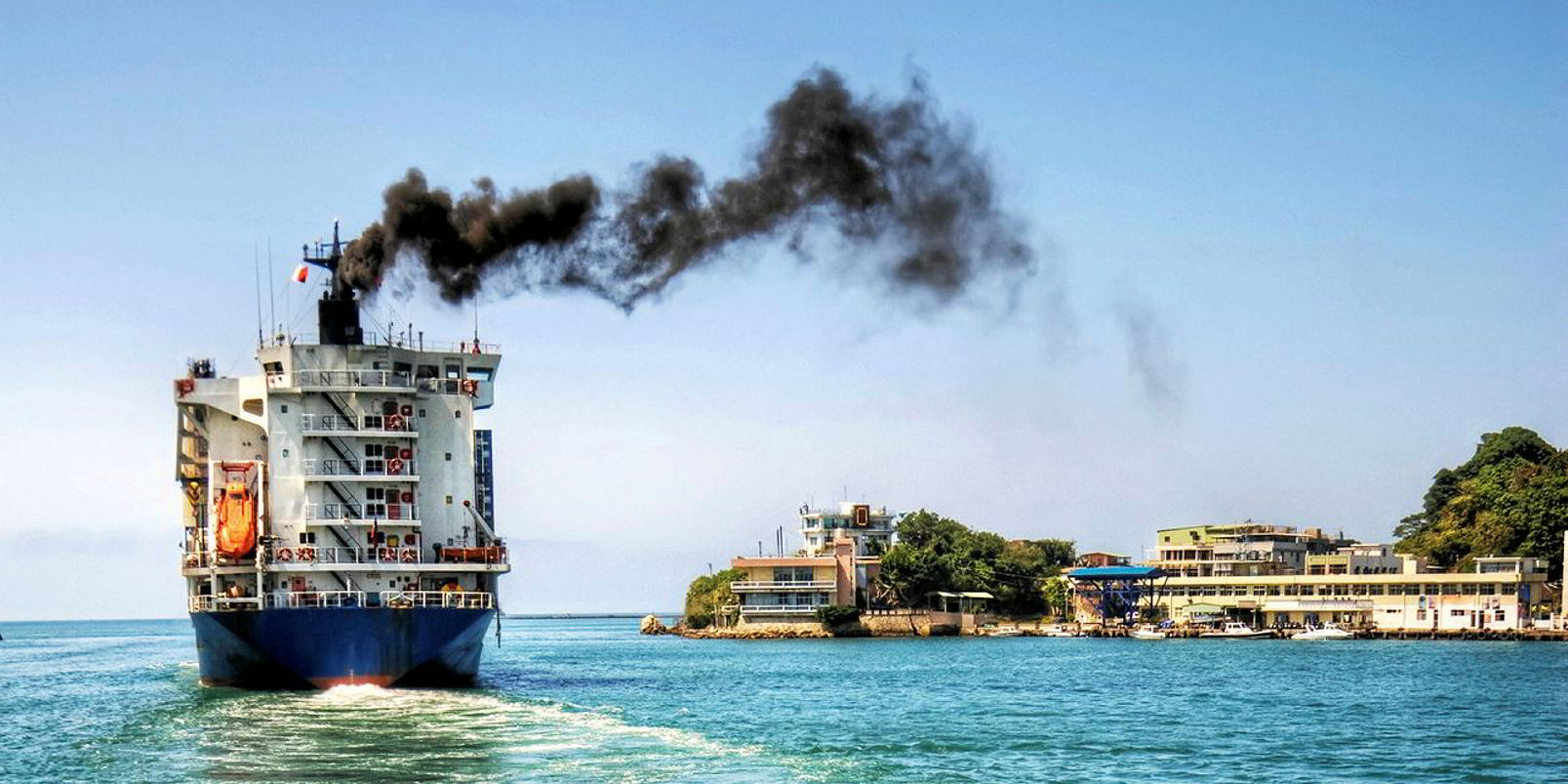European shipowners are cutting down investments in decarbonisation and fleet renewal amid job and financial losses during the coronavirus pandemic, according to an industry survey.
The survey by European Community Shipowners’ Associations (ECSA) paints a gloomy outlook of shipping investments due to a slow recovery forecast.
“In general, the European shipping industry does not expect a return to pre-crisis level of activity in the course of 2020,” the ECSA said.
“Up to 74% of our respondents answered 'no', [to the question of] should the situation start to improve in the coming weeks, with a gradual return to ‘normal’ business conditions starting in June.”
While 26% of the respondents think their investment in greenhouse gas emissions reduction would not be hit by Covid-19 once the crisis recedes, 30% said they would reduce investments. Some 44% suggested putting money into decarbonisation would no longer be possible.
In terms of fleet renewal, only 11% of the respondents said they would keep their existing plans, while 37% believe they need to cutback. About 52% think their renewal projects would not happen at all.
Financial hit
The survey results show the overall shipping industry is facing significant near-term losses with the exception of the tanker segment.
When asked about their turnover between March and June, respondents from the ferry, cruise, car carrier and offshore segments suggested they are suffering badly.
Many ferry operators saw their turnovers collapse by more than 60% in March, while the car carrier, offshore service vessel, general cargo and container segments have yet to bottom out, according to the report.
“Responses are indicating that the majority of the passenger transport operators expect a decline of turnover of more than 40% compared to 2019,” the ECSA said in the report.
“Some recovery is expected in the rest of the year compared to the immediate economic impact, however turnover losses remain significant throughout the industry – except for the tanker sector.”
Job cuts
The financial losses are leading to fewer employment opportunities in the shipping industry.
On average, respondents from the cruise, offshore, car carriers and ferry segments are seeing heavy losses in seafaring jobs and moderate declines in office jobs.
The dry bulk and tanker segments report relatively fewer job losses.
While governments have unveiled some measures to support employment, respondents – especially those in the passengership segments – said the efforts are not effective enough.
“Around half of the respondents state that there are either no national, regional, or local measures in place or that these are not applicable to the shipping industry,” ECSA said.
“Main reported challenges relate to the fact that the support regimes do only apply to a part of the seafarers…because the measure only applies to nationals, and to the fact that the measures do not cover sufficiently the loss in salary.”
Calls for help
Nearly 80% of the respondents highlighted crew changes as the most urgent issue, followed by financial issues, according to the survey.
“Even when there is policy measure put in place by the government…in practice banks either do not offer these options or if they offer such possibilities shipping companies do not use these options,” ECSA said.
“One of the reasons is that the administrative burden and costs to apply for liquidity relief outperforms the benefit of these measures.”
In general, the survey results show shipping players need financial support in refinancing their loans and investing in decarbonisation, according to ECSA.








